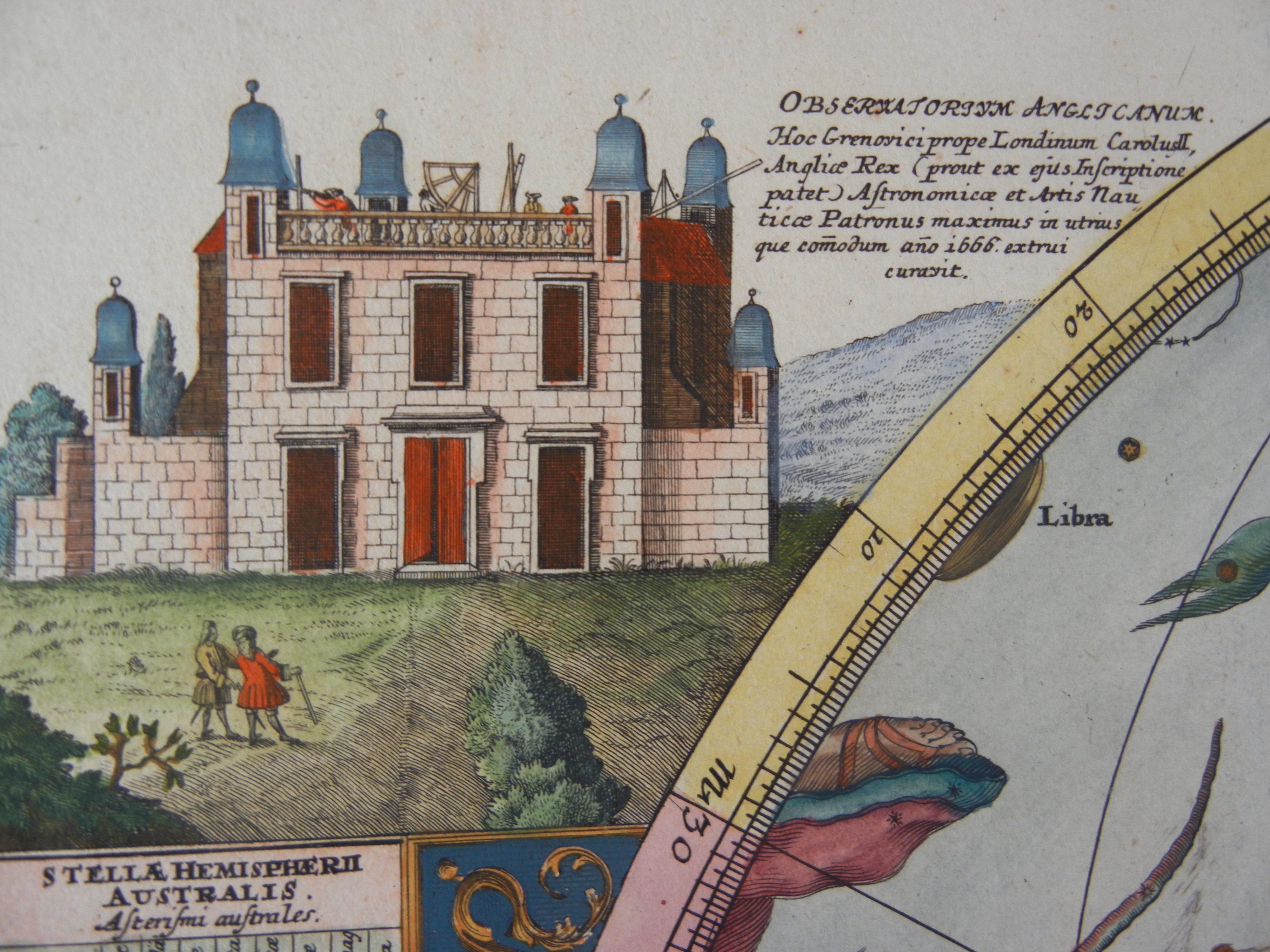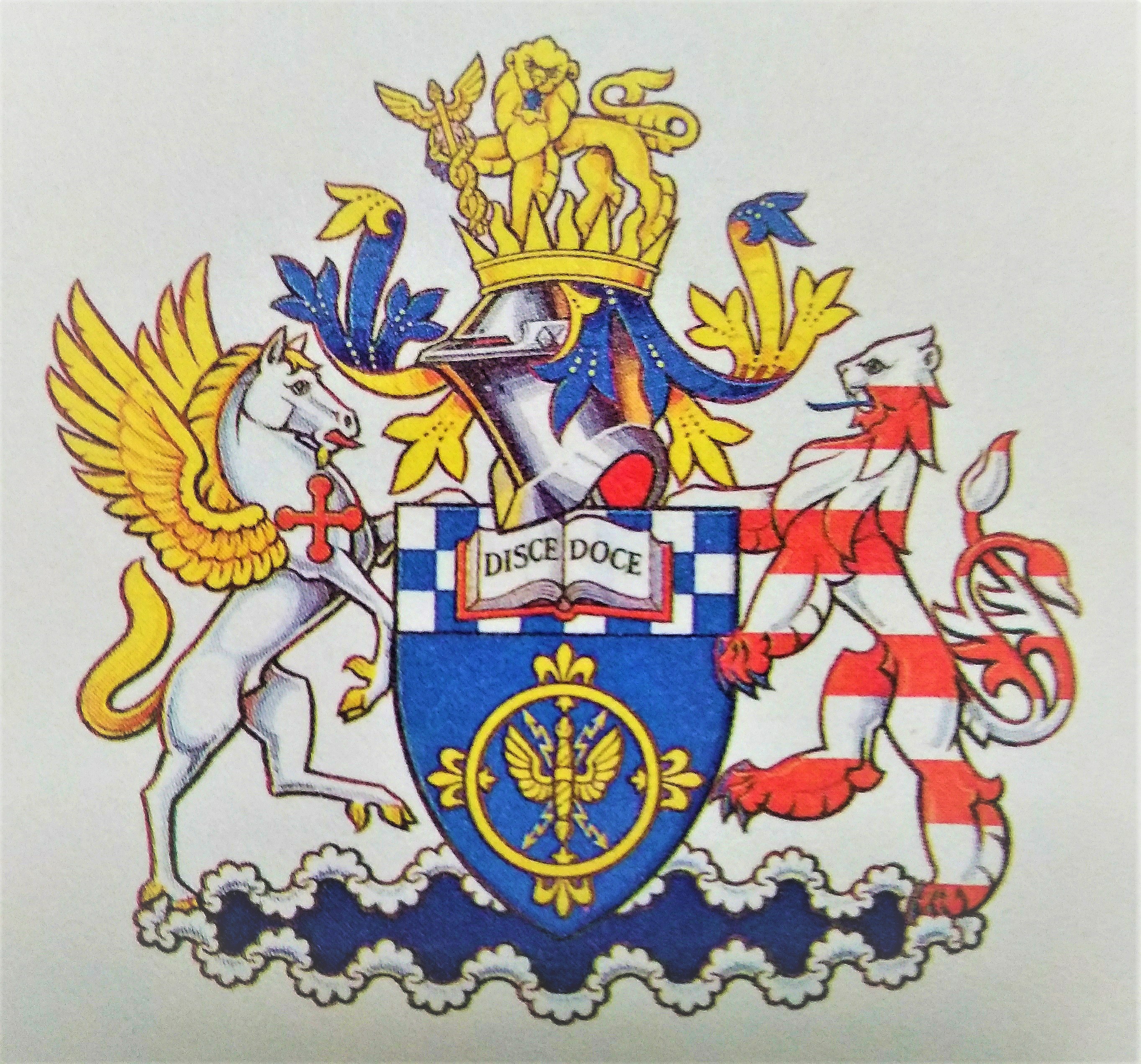|
William Grylls Adams
William Grylls Adams (18 February 1836 in Laneast, Cornwall – 10 April 1915) was professor of Natural Philosophy at King's College, London. He was active in research on subjects ranging from light, magnetism, and astronomy to electrical power generation and transmission. His research in optics yielded the discovery that certain materials, notably selenium, produce an electric current when exposed to light. Adams also actively participated in many academic societies and held major positions within the societies. Family William Grylls Adams was the youngest son of the seven children, four sons and three daughters, of Thomas Adams and Tabitha Knill Grylls. The astronomer John Couch Adams (1819–1892) was his older brother. Education Adams attended St. John's College, Cambridge, and graduated as 11th Wrangler in 1855. He subsequently held positions at several other institutions, including vice-principal of Peterborough Training College in 1859 and mathematics master at Mar ... [...More Info...] [...Related Items...] OR: [Wikipedia] [Google] [Baidu] [Amazon] |
Laneast
Laneast () is a village and civil parish in Cornwall, England, United Kingdom. It lies above the River Inny valley, about six miles (11 km) west of Launceston. The population in the 2001 census was 164, increasing to 209 at the 2011 census. Parish church The parish church at is dedicated to Saint Sidwell and Saint Gulval or to St Michael. The inclusion of St Gulval in the dedication is apparently due to a mistake by Dr. Oliver who understood entries referring to the church of "St Wolvela of Lanestly" as referring to Laneast whereas "Lanestly" is the old name of Gulval. The church and cemetery were dedicated by Edmund Lacy, Bishop of Exeter in 1436; before that time burials were made at the mother church of St Stephen's.''Cornish Church Guide'' (1925) Truro: Blackford; pp. 128–29 The land of the parish was divided between the hundreds of Lesnewth and East Wivelshire, the church being in the latter. It was founded and until the Reformation maintained by the Augustini ... [...More Info...] [...Related Items...] OR: [Wikipedia] [Google] [Baidu] [Amazon] |
Fellow Of The Royal Society
Fellowship of the Royal Society (FRS, ForMemRS and HonFRS) is an award granted by the Fellows of the Royal Society of London to individuals who have made a "substantial contribution to the improvement of natural science, natural knowledge, including mathematics, engineering science, and medical science". Overview Fellowship of the Society, the oldest known scientific academy in continuous existence, is a significant honour. It has been awarded to :Fellows of the Royal Society, around 8,000 fellows, including eminent scientists Isaac Newton (1672), Benjamin Franklin (1756), Charles Babbage (1816), Michael Faraday (1824), Charles Darwin (1839), Ernest Rutherford (1903), Srinivasa Ramanujan (1918), Jagadish Chandra Bose (1920), Albert Einstein (1921), Paul Dirac (1930), Subrahmanyan Chandrasekhar (1944), Prasanta Chandra Mahalanobis (1945), Dorothy Hodgkin (1947), Alan Turing (1951), Lise Meitner (1955), Satyendra Nath Bose (1958), and Francis Crick (1959). More recently, fellow ... [...More Info...] [...Related Items...] OR: [Wikipedia] [Google] [Baidu] [Amazon] |
Alumni Of St John's College, Cambridge
Alumni (: alumnus () or alumna ()) are former students or graduates of a school, college, or university. The feminine plural alumnae is sometimes used for groups of women, and alums (: alum) or alumns (: alumn) as gender-neutral alternatives. The word comes from Latin, meaning nurslings, pupils or foster children, derived from "to nourish". The term is not synonymous with "graduates": people can be alumni without graduating, e.g. Burt Reynolds was an alumnus of Florida State University but did not graduate. The term is sometimes used to refer to former employees, former members of an organization, former contributors, or former inmates. Etymology The Latin noun means "foster son" or "pupil". It is derived from the Latin verb "to nourish". Separate, but from the same root, is the adjective "nourishing", found in the phrase '' alma mater'', a title for a person's home university. Usage in Roman law In Latin, is a legal term (Roman law) to describe a child placed in foste ... [...More Info...] [...Related Items...] OR: [Wikipedia] [Google] [Baidu] [Amazon] |
Academics Of King's College London
Academic An academy (Attic Greek: Ἀκαδήμεια; Koine Greek Ἀκαδημία) is an institution of tertiary education. The name traces back to Plato's school of philosophy, founded approximately 386 BC at Akademia, a sanctuary of Athena, the go ... means of or related to an academy, an institution learning. Academic or academics may also refer to: * Academic staff, or faculty, teachers or research staff * school of philosophers associated with the Platonic Academy in ancient Greece * The Academic, Irish indie rock band * "Academic", song by New Order from the 2015 album ''Music Complete'' Other uses *Academia (other) *Academy (other) *Faculty (other) *Scholar, a person who is a researcher or has expertise in an academic discipline {{Disambiguation ... [...More Info...] [...Related Items...] OR: [Wikipedia] [Google] [Baidu] [Amazon] |
British Electrical Engineers
British may refer to: Peoples, culture, and language * British people, nationals or natives of the United Kingdom, British Overseas Territories and Crown Dependencies. * British national identity, the characteristics of British people and culture * British English, the English language as spoken and written in United Kingdom of Great Britain and Northern Ireland and, more broadly, throughout the British Isles * Celtic Britons, an ancient ethno-linguistic group * Brittonic languages, a branch of the Insular Celtic language family (formerly called British) ** Common Brittonic, an ancient language Other uses *People or things associated with: ** Great Britain, an island ** British Isles, an island group ** United Kingdom, a sovereign state ** British Empire, a historical global colonial empire ** Kingdom of Great Britain (1707–1800) ** United Kingdom of Great Britain and Ireland (1801–1922) * British Raj, colonial India under the British Empire * British Hong Kong, colonial H ... [...More Info...] [...Related Items...] OR: [Wikipedia] [Google] [Baidu] [Amazon] |
1915 Deaths
Events Below, the events of World War I have the "WWI" prefix. January *January – British physicist Sir Joseph Larmor publishes his observations on "The Influence of Local Atmospheric Cooling on Astronomical Refraction". *January 1 ** WWI: British Royal Navy battleship HMS Formidable (1898), HMS ''Formidable'' is sunk off Lyme Regis, Dorset, England, by an Imperial German Navy U-boat, with the loss of 547 crew. **WWI: Battle of Broken Hill: A train ambush near Broken Hill, Australia, is carried out by two men (claiming to be in support of the Ottoman Empire) who are killed, together with four civilians. * January 5 – Joseph E. Carberry sets an altitude record of , carrying Capt. Benjamin Delahauf Foulois as a passenger, in a fixed-wing aircraft. * January 12 ** The United States House of Representatives rejects a proposal to give women the right to vote. ** ''A Fool There Was (1915 film), A Fool There Was'' premières in the United States, starring Theda Bara as a '' ... [...More Info...] [...Related Items...] OR: [Wikipedia] [Google] [Baidu] [Amazon] |
1836 Births
Events January–March * January 1 — Hill Street Academy is named Colombo Academy and acquired by the Government, establishing the first public school in Sri Lanka. * January 1 – Queen Maria II of Portugal marries Prince Ferdinand Augustus Francis Anthony of Saxe-Coburg-Gotha. * January 5 – Former U.S. Representative Davy Crockett of Tennessee arrives in Texas to join the Texan fight for independence from Mexico. * January 12 ** , with Charles Darwin on board, reaches Sydney. ** Will County, Illinois, is formed. * February 8 – London and Greenwich Railway opens its first section, the first railway in London, England. * February 23 – Texas Revolution: The Battle of the Alamo begins, with an American settler army surrounded by the Mexican Army, under Santa Anna. * February 25 – Samuel Colt receives a United States patent for the Colt revolver, the first revolving barrel multishot firearm. * March 1 – Texas Revolution – Convention of 1836: Delegate ... [...More Info...] [...Related Items...] OR: [Wikipedia] [Google] [Baidu] [Amazon] |
Royal Observatory, Greenwich
The Royal Observatory, Greenwich (ROG; known as the Old Royal Observatory from 1957 to 1998, when the working Royal Greenwich Observatory, RGO, temporarily moved south from Greenwich to Herstmonceux) is an observatory situated on a hill in Greenwich Park in south east London, overlooking the River Thames to the north. It played a major role in the history of astronomy and navigation, and because the Prime meridian (Greenwich), Prime Meridian passed through it, it gave its name to Greenwich Mean Time, the precursor to today's Coordinated Universal Time (UTC). The ROG has the IAU observatory code of 000, the first in the list. ROG, the National Maritime Museum, the Queen's House and the clipper ship ''Cutty Sark'' are collectively designated Royal Museums Greenwich. The observatory was commissioned in 1675 by Charles II of England, King Charles II, with the foundation stone being laid on 10 August. The old hilltop site of Greenwich Castle was chosen by Sir Christopher Wren, a for ... [...More Info...] [...Related Items...] OR: [Wikipedia] [Google] [Baidu] [Amazon] |
John Tyndall
John Tyndall (; 2 August 1820 – 4 December 1893) was an Irish physicist. His scientific fame arose in the 1850s from his study of diamagnetism. Later he made discoveries in the realms of infrared radiation and the physical properties of air, proving the connection between atmospheric Carbon dioxide, CO and what is now known as the greenhouse effect in 1859. Tyndall also published more than a dozen science books which brought state-of-the-art 19th century experimental physics to a wide audience. From 1853 to 1887 he was professor of physics at the Royal Institution of Great Britain in London. He was elected as a member to the American Philosophical Society in 1868. Early years and education Tyndall was born in Leighlinbridge, County Carlow, Ireland. His father was a local police constable, descended from Gloucestershire emigrants who settled in southeast Ireland around 1670. Tyndall attended the local schools (Ballinabranna Primary School) in County Carlow until his late t ... [...More Info...] [...Related Items...] OR: [Wikipedia] [Google] [Baidu] [Amazon] |
British Association
The British Science Association (BSA) is a charity and learned society founded in 1831 to aid in the promotion and development of science. Until 2009 it was known as the British Association for the Advancement of Science (BA). The current Chief Executive is Hannah Russell. The BSA's mission is to get more people engaged in the field of science by coordinating, delivering, and overseeing different projects that are suited to achieve these goals. The BSA "envisions a society in which a diverse group of people can learn and apply the sciences in which they learn." and is managed by a professional staff located at their Head Office in the Wellcome Wolfson Building. The BSA offers a wide variety of activities and events that both recognise and encourage people to be involved in science. These include the British Science Festival, British Science Week, the CREST Awards, For Thought, The Ideas Fund, along with regional and local events. History Foundation The Association was founded ... [...More Info...] [...Related Items...] OR: [Wikipedia] [Google] [Baidu] [Amazon] |
Institution Of Electrical Engineers
The Institution of Electrical Engineers (IEE) was a British professional organisation of electronics, electrical, manufacturing, and information technology professionals, especially electrical engineers. It began in 1871 as the Society of Telegraph Engineers. In 2006, it merged with the Institution of Incorporated Engineers and the new organisation is Institution of Engineering and Technology (IET). Notable past presidents have included Lord Kelvin (1889), Sir Joseph Swan (1898) and Sebastian de Ferranti (1910–11). Notable chairmen include John M. M. Munro (1910–11). History The IEE was founded in 1871 as the Society of Telegraph Engineers, changed its name in 1880 to the Society of Telegraph Engineers and Electricians and changed to the Institution of Electrical Engineers in 1888. It was Incorporated by a Royal Charter in 1921. In 1988 the Institution of Electrical Engineers (IEE) merged with the Institution of Electronic and Radio Engineers (IERE), originally ... [...More Info...] [...Related Items...] OR: [Wikipedia] [Google] [Baidu] [Amazon] |







